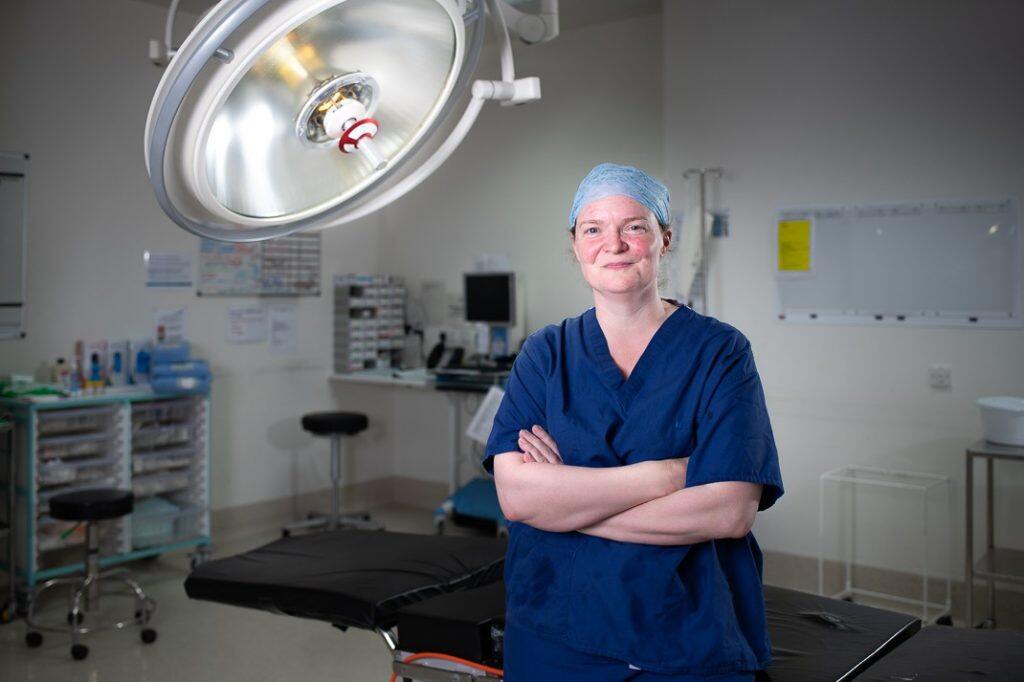Dr Garth Funston and colleagues including professor Emma Crosbie from The University of Manchester have won the 2020 Research Paper of the Year for Clinical Research, awarded by the Royal College of General Practitioners, for their paper on detecting cancers in primary care.


The research shows that CA125, a simple blood test available in primary care, is useful for ovarian cancer detection in symptomatic women attending their GP and could help identify other types of cancer.
The study is the first to evaluate CA125 within primary care and has important implications for GPs and clinicians. It found that CA125 was abnormal in the majority of women tested in primary care prior to ovarian cancer diagnosis. The study also demonstrated that while 10% of women with a CA125 above the national cut-off had ovarian cancer, a further 12% had another type of cancer such as lung, bowel and pancreatic cancer. The figures were even higher in older women – a third of women aged 50 years or more with an abnormal CA125 level had some form of cancer. These findings indicate that as well as helping to identify women with ovarian cancer, an abnormal CA125 level in primary care may indicate another form of cancer.
The team calculated the risk of women having ovarian cancer based on age and CA125 level. This information could be used by GPs and patients in the future to guide discussions and to inform individual decisions on the need for further cancer investigation.
The paper “The diagnostic performance of CA125 for the detection of ovarian and non-ovarian cancer in primary care: A population-based cohort” won the Clinical Research category on 14 October 2021, and was ‘Highly Commended’ in the Overall Paper for the Year category by the RCGP panel of judges.
The research was conducted by the CanTest Collaborative, a multi-University collaboration funded by Cancer Research UK. Dr Garth Funston, at the University of Cambridge’s Primary Care Unit, worked with other researchers at the Universities of Cambridge and QMUL (Professor Fiona Walter), Exeter (Professor Willie Hamilton, Dr Gary Abel) and Manchester (Professor Emma Crosbie), as well as the NCRAS (Dr Brian Rous).
The RCGP panel said: “The research highlights the contribution of primary care research to science and to the evidence-base which guides our practice, and can be of immediate benefit to patients.”
Dr Funston said:”I’m really grateful that this paper has been acknowledged with the RCGP award. I think it is vital that we understand how well cancer tests perform within primary care and that we utilise them in the best possible way to detect disease. This work shows that CA125 is not only helpful in identifying women with ovarian cancer, but that elevated levels could indicate that a woman has another cancer type. In women over 50 with an abnormal CA125 level but no ovarian cancer, I would encourage doctors to consider other types of cancer – it could help diagnose the disease earlier.”
“Knowledge of the risk of a woman having ovarian cancer could help inform clinical decisions around referrals and we are currently working to validate our CA125 and age based models and to make them available to GPs and patients.”
The Research Paper of the Year, awarded by the Royal College of General Practitioners (RCGP), gives recognition to an individual or group of researchers who have undertaken and published an exceptional piece of research relating to general practice or primary care.








































